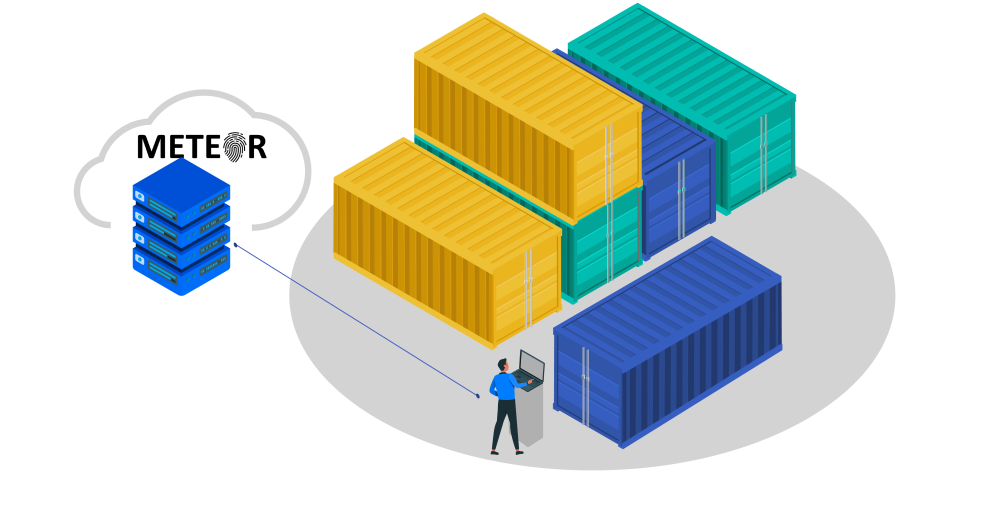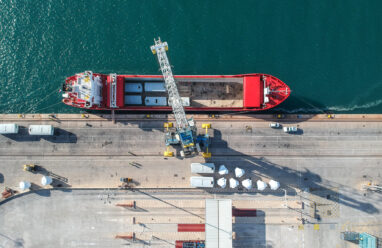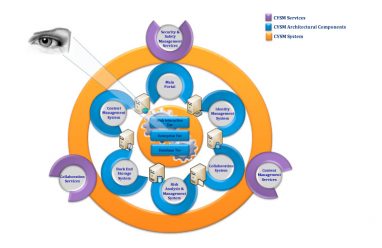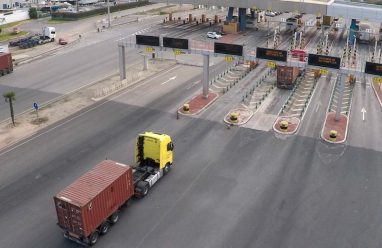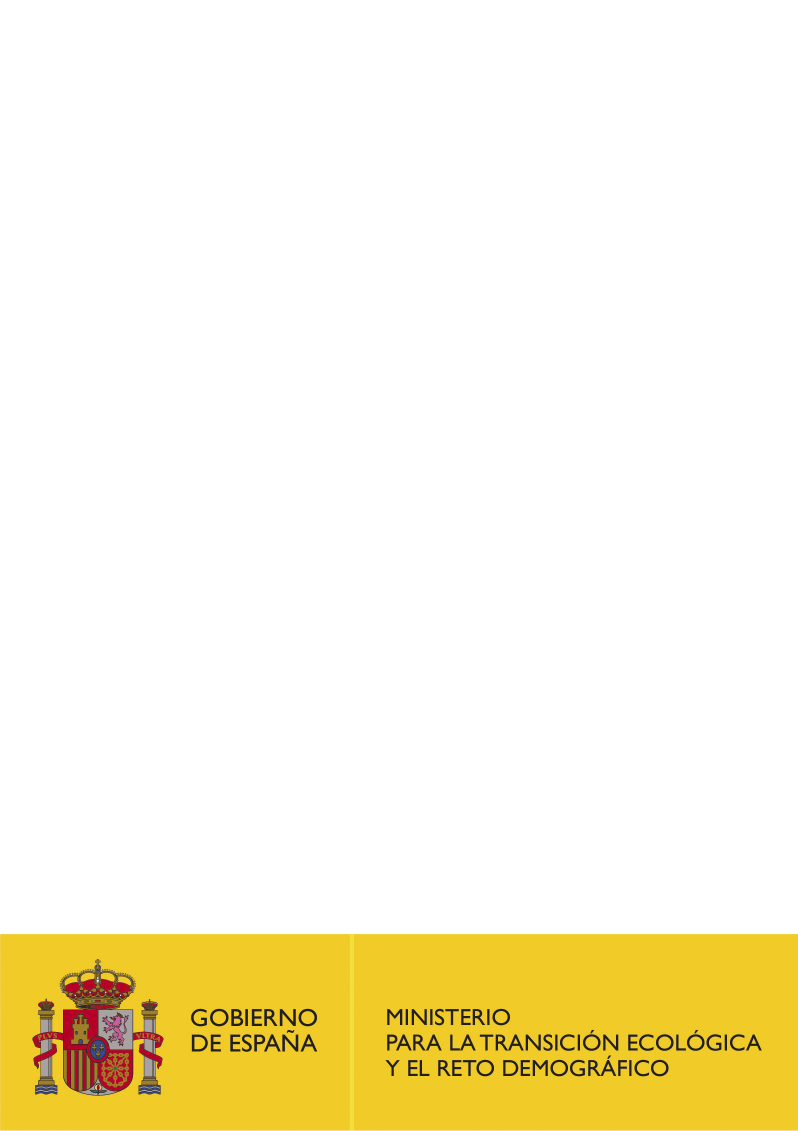The METEOR project proposes a vapour-based detection technology capable of covering all 5 illicit substances within a container using a combination of innovative and efficient sampling technology, state-of-the-art analytical instrumentation and the most advanced processing techniques based on Non Targeted Screening (NTS) for intelligent threat analysis.
Maritime transport is essential in the provisioning of goods all around the world. A smooth, safe and secure flow of goods is crucial to the welfare of the population in Europe and beyond. In today’s logistics chain, containers have become one of the most efficient ways to move goods around the world. They travel fast, at very low cost and therefore represent a unique opportunity for business development, but they can also be used for criminal purposes. Consequently, container inspections have become a major point of focus for border inspection agencies, especially in Western European countries where ports handle and distribute the majority of the container traffic to the most populated areas in Europe. As such, it is the highest-risk modality for smuggled contraband due to the huge volumes and complex/heterogenous loads.
The high dependency on smooth maritime transport has also motivated customs authorities to develop efficient and effective measures to supervise the international flow of goods. In the European Union Customs measures have four main objectives:
- Protecting the financial interests of the Union and its Member States.
- Protecting the Union from unfair and illegal trade while supporting legitimate business activity.
- Ensuring the security and safety of the Union and its residents, and the protection of the environment, where appropriate in close cooperation with other authorities.
- Maintaining a proper balance between customs controls and facilitation of legitimate trade.
As a result of the balance between controls and facilitation only a fraction of the goods is subject to physical inspection.
Many illicit goods, such as drugs, continue to cross the borders and reach the citizens. Apart from customs administrations also commercial entities are offering detection services to nations and companies worldwide. Therefore, the market of technology suppliers is urgently looking for fast, reliable, and economic screening technology that allows the inspection to be carried out without the need to open the container (non-intrusive), that generates automatic results (does not rely on the interpretation of one operator) and with the capacity of being portable (so that the detector is moved instead of the container itself) and rapid (some minutes) at an affordable cost. The proposed solution is METEOR.
METEOR will allow the detection and identification with the following characteristics:
- Detection of almost any type of substance (drugs, explosives, precursors, chemicals, biological threats, etc.).
- Application to many scenarios, with special focus on large-volume detection (shipping containers).
- Available at very affordable cost.
- Analysis time in the order of a few minutes.
- Without the need of opening the container (non-intrusive).
- With very low False Alarm Rate (FAR).
- With very high Detection Rate (DR) which will depend on the type of substance.
- Generating automatic results (no human interpretation is needed).
- With a portable and fully deployable technology.
- Non-targeted Screening (NTS) vs targeted screening.
The background information is vital for the development and validation of the technology. It is essential to have the capacity to scan real containers during the whole duration of the project. Fundación Valenciaport will guarantee the accessibility to scan containers in the Port of Valencia.
Before testing METEOR technology in the real use cases with the real threats/substances, an intensive background campaign with real containers will be performed. This campaign will be carried out in one of the Valencia container terminals (Spain) and it will consist of the analysis of more than 250 air samples from real containers.

